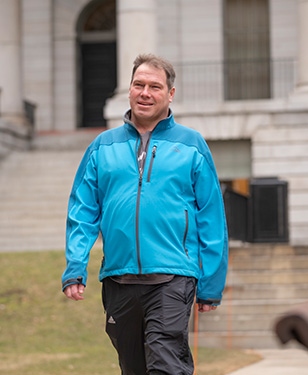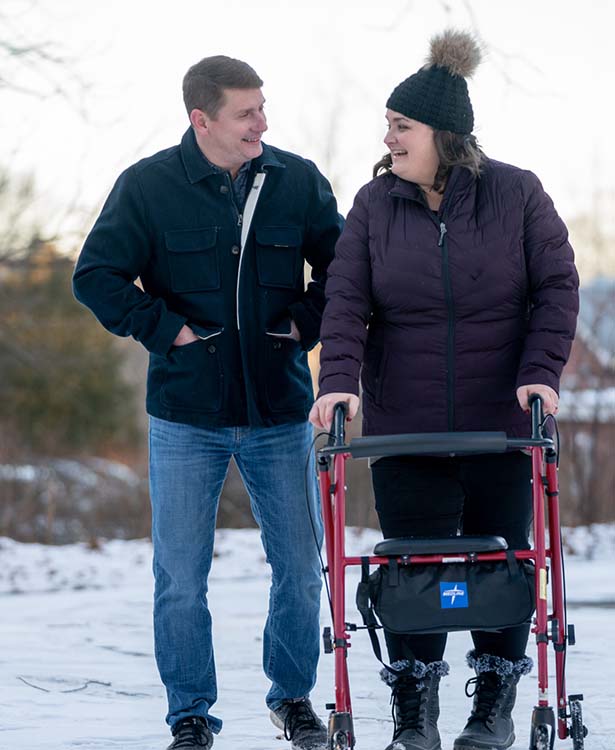Four years ago we launched MS PATHS (Multiple Sclerosis Partners Advancing Technology and Health Solutions), a network of healthcare practitioners and neurologists to gather data from 17,000 patients from more than 50,000 patient visits to allow for a 360-degree disease assessment. While we are proud of the work we have done to support data driven evidence with that program, we know we need to do more. That’s why we recently collaborated and conducted a study with the Tufts Center for the Study of Drug Development (Tufts CSDD); the study investigated ways to potentially help improve a fundamental step in future healthcare outcomes - clinical trials. Working closely with Tufts CSDD and The Center for Information and Study on Clinical Research Participation (CISCRP), the team listened to, and learned from, patients, physicians, experts, and local community members about what it takes to remove the barriers patients face in joining clinical trials.
Biogen’s Global Clinical Operations Underserved Populations Champions Team (GCO UP Champions) is turning the study outcomes into action by implementing a series of practices with the goal of ensuring that our study participants represent the diversity of the communities where we engage in clinical trials in disease areas like lupus, multiple sclerosis, ALS, and Alzheimer’s. For example, building race and ethnicity recruitment target goals into the recruitment plans for U.S. clinical trials to better reflect the patient population and epidemiology of the disease is one such step. We are also forming a Community Advisory Board consisting of African Americans and Latinx members to co-develop meaningful and valuable clinical trial educational materials and tactics for underserved communities. Taking this one step further, we are building diversity and cultural sensitivity training for clinical trial sites we work with and focusing our efforts on clinical trial sites who are inclusive of diverse patient populations and underserved communities.


